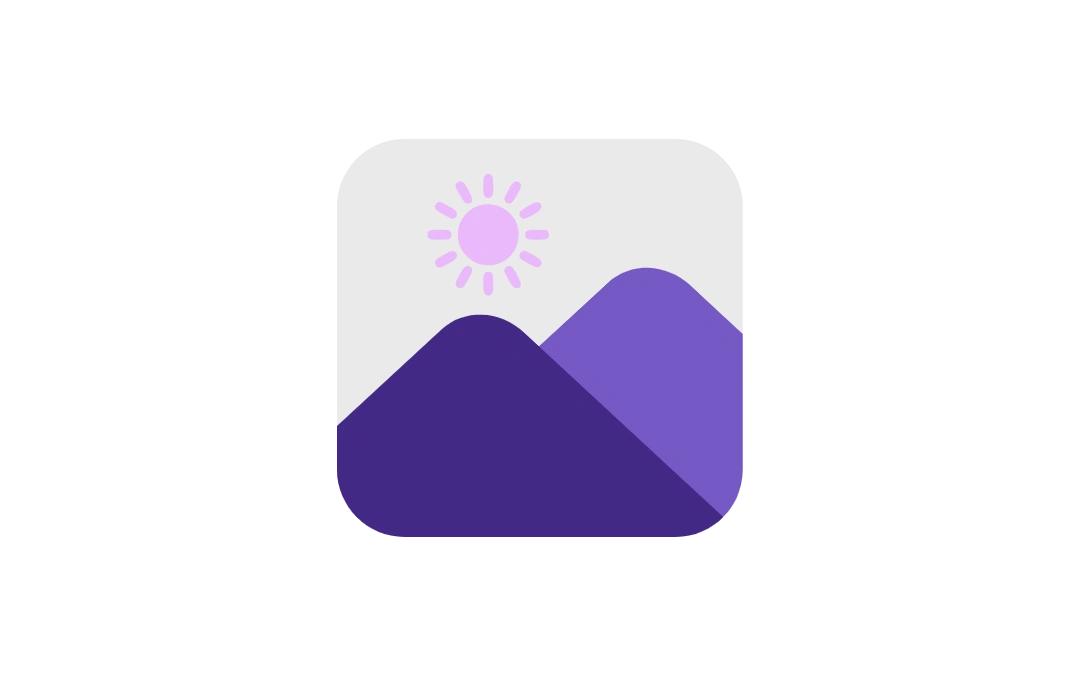The procedure by which the new applications are developed for gadgets running the Android working framework is known as Android development. As per Google “Android applications can be composed utilizing Kotlin, Java, and C++ languages” employing the Android Software Development Kit (SDK) and other languages, which is additionally conceivable. uCertify provides an Android Development course that is fundamentally intended for software engineers who wish to learn how to develop versatile applications on the Android platform. Beginning Android Programming With the Android Studio course is specially created to help beginners in Android development, covering the essential concepts in a successive way so that it can help to expand the knowledge.
This Android Development course is intended for candidates who are new to Android Programming and need to figure out how to create Android applications. The course will help you learn android app development from basics and unlock new job opportunities in large organizations. In this course:
- You will figure out how to make an Android project with Android Studio and run a debuggable application.
- You will additionally take in some Android architecture and the important standards holding its design.
- You will get acquainted with Android development devices & UI and get the comprehension of the procedures that are associated with an Android developed application.
- You will build Widgets, Customize List view, Grid view, Spinners and so on.
- You will build applications utilizing audio, video and SQLite database and lastly publish it on Google Play.
The Android Programming course provides the following resources to master the skills of android programming:
- 14+ Lessons
- 60+ Live Lab
- 60+ Quizzes
- 79+ Flashcards
- 79+ Glossary Of Terms
- 30+ Pre-Assessment Questions
- 30+ Post-Assessment Questions
The Android Programming course covers the following topics:
- Data Persistence
- Content Providers
- Android User Interface
- Location-Based Services
- Developing Android Services
- Introduction of Android Programming
- Android Studio for Android Development
Become an expert in Android Development with uCertify Beginning Android Programming With Android Studio course and learn mobile app development from scratch and unlock new job opportunities.




4 comments
linksys customer service
September 6, 2018 at 7:24 pmWith the uCertify, you can easily get to know all the details about the updated features of the Android Studio, and from that, you can easily get to know all the layouts and the features fo the android studio to make the basic level application to advanced level application.
career as Android Developer
October 23, 2018 at 10:59 pmThank you for this detailed information..I am also looking forward for making career as an android developer..can you please share the course fees and the future scope for android.. waiting for your reply Thank you once again
uCertify
November 22, 2018 at 3:41 am@career as Android Developer Hi, Thank you for writing to us. uCertify provides Beginning Android Programming With Android Studio course that is targeted at the beginning Android developer who wants to start developing applications using Google's Android SDK. Please find the URL below: https://www.ucertify.com/exams//android.html